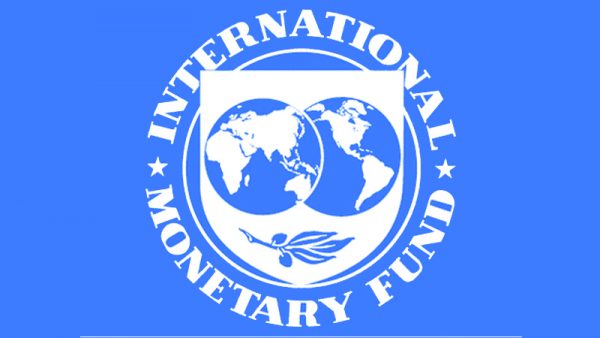Christine Lagarde has announced that she will be stepping down from her position as Managing Director of the International Monetary Fund. Her resignation has been accepted by the institution’s board and will take effect from September 12.
Lagarde’s departure follows her nomination to head the European Central Bank, a job which she’s all but certain to take up in the next few months.
In its statement concerning Ms. Lagarde’s resignation, the IMF thanked her for serving the body, and said that her achievements had “made a lasting impression on the fund.”
The statement referred to her role in helping the IMF’s member nation get through the global financial crisis of the late 2000s and its aftershocks. It also said that it would be initiating a search for her successor with immediate effect.
Lagarde has served as the fund’s Managing Director since July 2011, when she succeeded its previous chairman, Dominique Straus-Kahn. She was at the helm for a first term of five years and continued into a second term starting in 2016 after her bid to return went unopposed.
She is almost certain to become the next President of the European Central Bank, a role which will be vacated by Italian Mario Draghi later this year.
Who’s in the Running to Succeed Christine Lagarde?
The position of Managing Director at the IMF is officially open to qualified persons from anywhere in the world. But in practice, it’s all but closed to anyone who isn’t European. Christine Lagarde was the 11th appointee to the role from the continent in a row; barring any unusual about-turns in the way the IMF makes its decisions, her successor will also be European.
The origins of this pattern of appointments go back to the very beginnings of the IMF and its sister organization, the World Bank. An informal agreement struck between the Americans and the Europeans 75 years ago entails that the US would get support for its nominees to the Presidency of the World Bank in exchange for its support for European candidates for the top job at the IMF.
This agreement has remained unbroken for the most part. It partly accounted for the failure of Ngozi Okonjo-Iweala’s bid to succeed Robert Zoellick as World Bank President in 2012, despite her receiving the endorsements of a large section of the institution’s members.
The Wall Street Journal has reported that the four frontrunners for Lagarde’s job are Europeans: Jeroen Dijselbloem, Finance Minister of the Netherlands; Mario Centerio, Finance Minister of Portugal; Olli Rehn, Governor of Finland’s Central Bank; and Nadia Calvino, Spain’s economy minister.
Mark Carney, who is currently the Governor of the Bank of England, was once thought of as a strong contender for the job. But he’s since been ruled out by European Finance Ministers, primarily because he isn’t of European origin (he’s Canadian-born).
Featured Image Source: Daily Times


